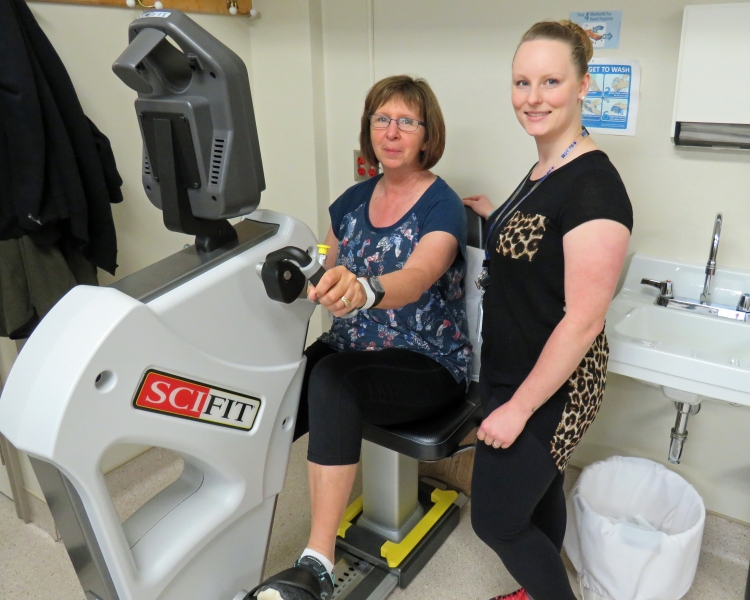WHY DO CLEAN HANDS MATTER?
Although we may think that germs spread through the air, they are actually more often spread by contact between peoples’ hands. Even if your hands don’t appear to be dirty, there are germs on them. These germs can make you sick when they move from your hands into your body through your mouth, nose, eyes and open wounds.
One of the best ways to stop the spread of germs is to clean your hands by washing them with soap and water or applying alcohol based hand rub. By cleaning your hands, you greatly reduce the chance of spreading germs around.
- Alcohol hand rubs should only be used if no visible dirt is present on the hands
- To be effective the alcohol content must be at least 70%
- The alcohol in hand rubs completely evaporates as it dries and is safe to use on children
- 99.9% of germs are killed by hand rubs within seconds
- People shed one million flakes of skin a day. Each flake can contain microorganisms capable of causing harm.
- The average person has 1,500 germs on each square centimeter of their hands, and the average bathroom faucet has more than 229,000 germs on each square inch.
- Every 60 seconds a working adult touches up to 30 objects. You are picking up their germs when you pick up or touch those objects!
- Even though hands may appear to be clean, they may carry germs that are capable of causing disease
- It is important to encourage and help children wash their hands
- Some viruses and bacteria can live from 20 minutes to 2 hours or more on surfaces like doorknobs, hand rails, faucets and telephones
CLEANING YOUR HANDS IS THE MOST IMPORTANT THING YOU CAN DO TO MINIMIZE YOUR RISK OF INFECTION.
Some critical times to clean your hands
- Before eating or preparing food
- When hands are visibly dirty
- Before and after contact with someone who is sick
- After using the washroom
- After blowing your nose, coughing or sneezing
- After handling garbage
HOW TO CLEAN YOUR HANDS
Alcohol Based Hand Rub
Alcohol based hand rub is the preferred method of hand hygiene when your hands are NOT visibly soiled.
- Apply a ‘loonie-sized’ amount of alcohol rub to the palm of one hand - enough that when you rub your hands together you cover all areas of your hands, including under your nails.
- Rub your hands together, covering all surfaces of hands and fingers.
- Rub until your hands are dry. This will take a minimum of 15 to 20 seconds if sufficient product is used.
Soap & Water
How you wash your hands is just as important as when you wash them. Just rinsing your hands is NOT ENOUGH! By rubbing your hands vigorously with soapy water, you pull the dirt and the oily soils free from your skin. The soap lather suspends both the dirt and germs trapped inside and are then quickly washed away.
- Wet your hands with warm running water
- Add soap, and then rub your hands together, making a soapy lather. Do this away from the running water for at least 15 seconds, being careful not to wash the lather away. Wash the front and back of your hands, as well as between your fingers and under your nails.
- You do not have to use antibacterial soap. Any type of plain soap may be used. However, bar soap should be kept in a self draining holder that is cleaned thoroughly before new bars are put out. Liquid soap containers should be used until empty and then disposed of.
- Rinse your hands and wrists well under warm running water to remove all the soap.
- Pat dry with a paper towel. In your own home, you may use a cloth towel.
- Turn off taps with paper towel and discard towel garbage.
- To prevent chapping, wet your hands before applying soap and use a mild lotion soap with warm water; pat rather than rub hands dry; and apply lotion liberally and frequently.
IF YOU ARE A PATIENT IN THE HOSPITAL
(Adapted from brochure Clean Hands Protect Lives)
There are important moments when your health care team should clean their hands such as:
- After touching objects in a patient’s room and going to another room
- Before and after treating patients
- Before and after special procedures such as giving a needle
- After contact with body fluids such as blood or urine

